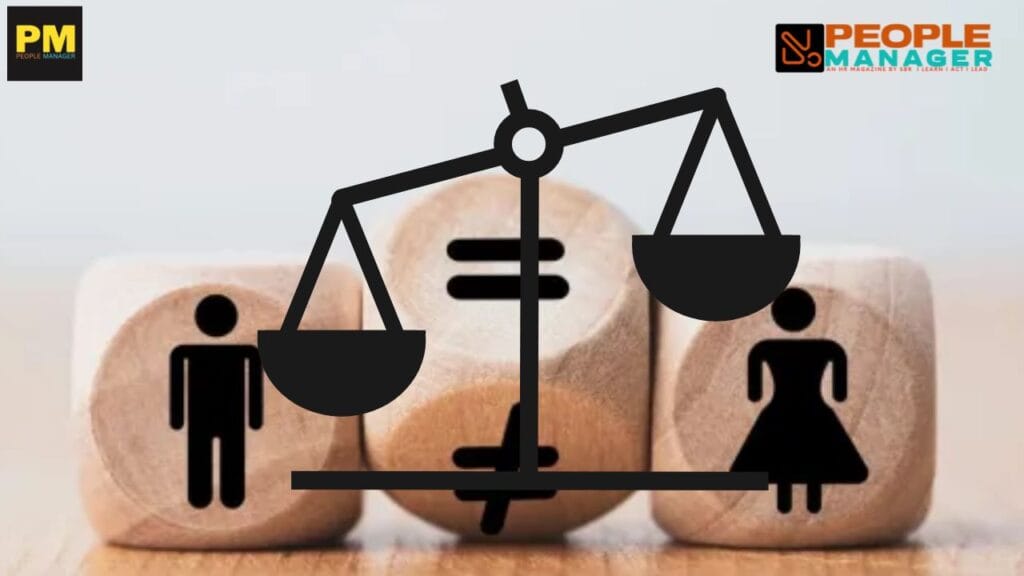Marital status and age weigh heavier than males in hiring: Survey
The Udaiti Foundation, in association with Godrej DEi Labs, Ashoka University, Dasra, and the Centre for Economic Data & Analysis, conducted a survey among 200 senior human resource managers.

The issue of HR departments evaluating female applicants more closely based on factors like age, geography, and marital status is one that has been brought to light by recent research.
The Udaiti Foundation, in association with Godrej DEi Labs, Ashoka University, Dasra, and the Centre for Economic Data & Analysis, conducted a survey among 200 senior human resource managers.
Work-life balance concerns account for 34% of women’s job turnover, compared to 4% for males, according to a Woman in India Inc. HR Managers Survey report.
According to the report, work-life balance, limited career options, and compensation concerns were the top three reasons given by women for quitting their employers. On the other hand, men’s main reasons for quitting were concerns about their pay, the lack of prospects for advancement, and uncertainty about their future work path.
“This suggests that policies to retain women in the workplace need to specifically address this issue,” the report stated.
The study also revealed that hiring managers are much more likely than hiring managers to consider a female applicant’s age and marital status when assessing her suitability for a post.
This prejudice may create obstacles in the way of hiring more women. “38 percent of human resource managers considered women’s marital status, whereas only 22 percent did so in the case of male candidates,” it stated.
Similarly, women were somewhat more likely to have their location and age taken into consideration. Compared to 39% and 21% of men, 43% and 26% of managers who are female are more likely to take age and location into account.
On the other hand, it was found that HR managers were more likely to take into account the educational background and job experience of males (79% and 80%, respectively) than those of women (73% and 72%, respectively).
Furthermore, according to 59% of survey participants, internal complaints committees had not been constituted by their organizations as required by the Prevention of Sexual Harassment (POSH) Act.
This reveals a serious void in the discourse surrounding women’s worries about sexual harassment. Shruti Vidyasagar, a lawyer and POSH Law practitioner, stated that “this can deter individuals from coming forward due to both a lack of knowledge and the absence of established procedures, signalling a disregard for workplace safety.”
According to the report, 36% of businesses did not offer maternity leave benefits. This deficiency was observed in all industries, all firm sizes, and all levels of female representation.
“Women are subject to numerous, well-known, and frequently discussed limitations at home. However, they also have considerable obstacles when trying to obtain employment and, once they do, maintaining and growing in that position. Employers may significantly impact the status quo by implementing practical measures to reduce obstacles to women’s employment, retention, and re-entry, according to Ashwini Deshpande, founding director of CEDA, Ashoka University, and professor and head of the department of economics.
Read more HR news like this on PropleManager.co.in
Value our content… contribute towards our growth. Even a small contribution per month would be of great help to us. Since our establishment, we have been serving the industry through daily news and updates.
Our content is free for all, and we plan to keep it that way
Support the People Manager. Pay Here









